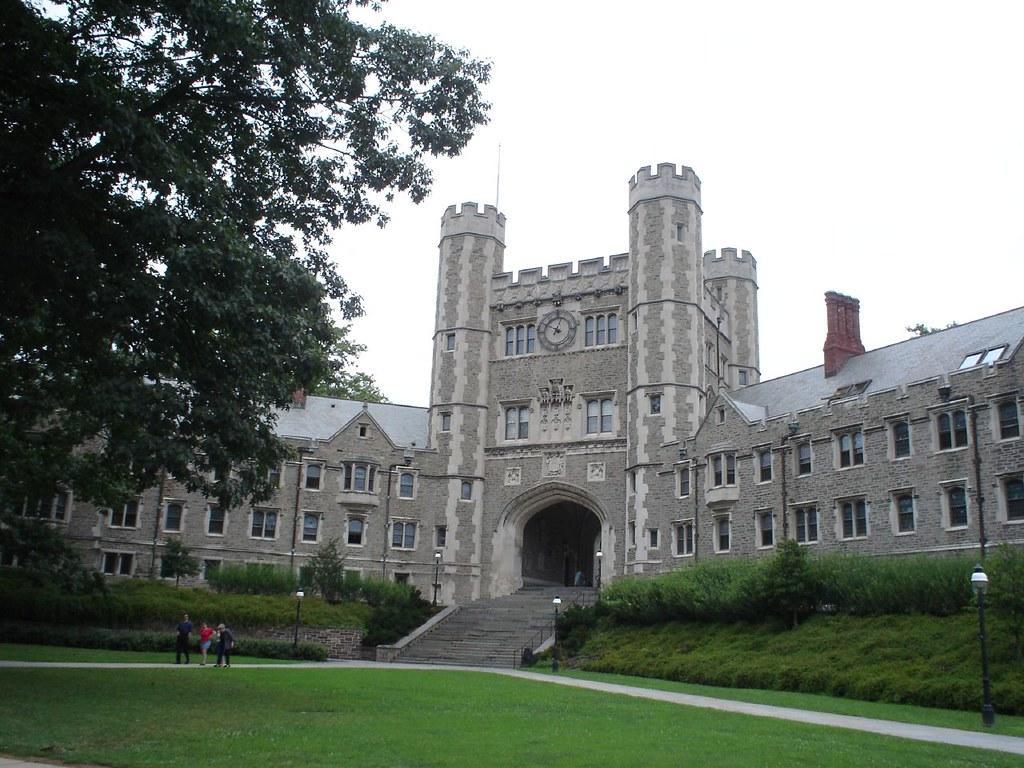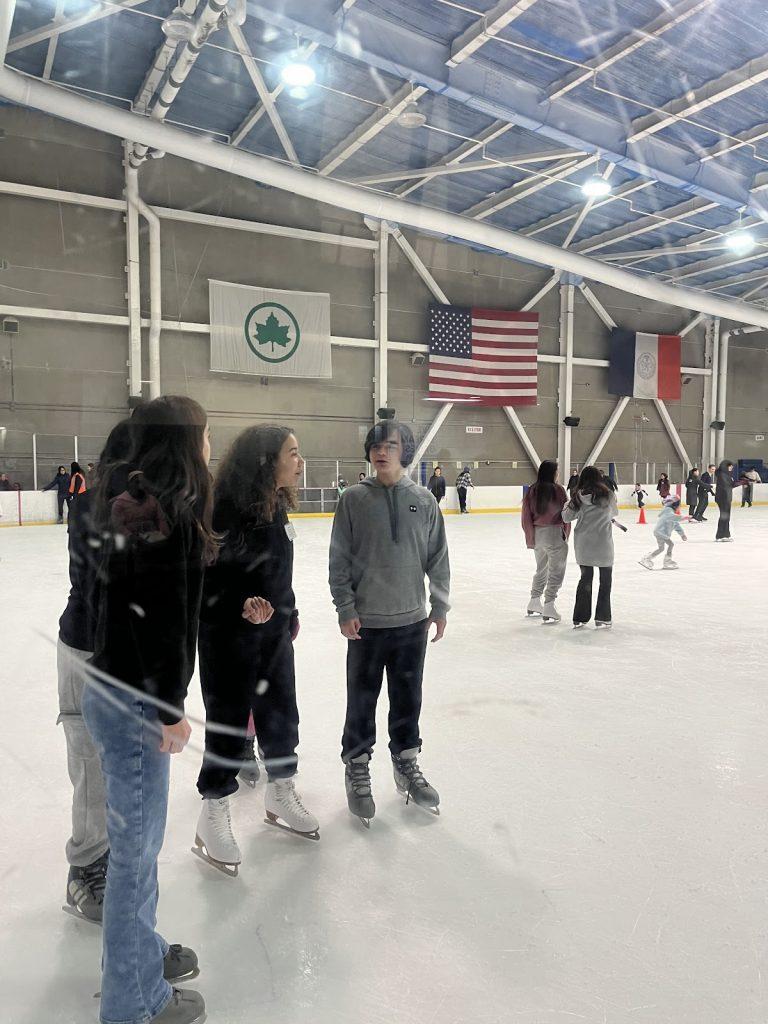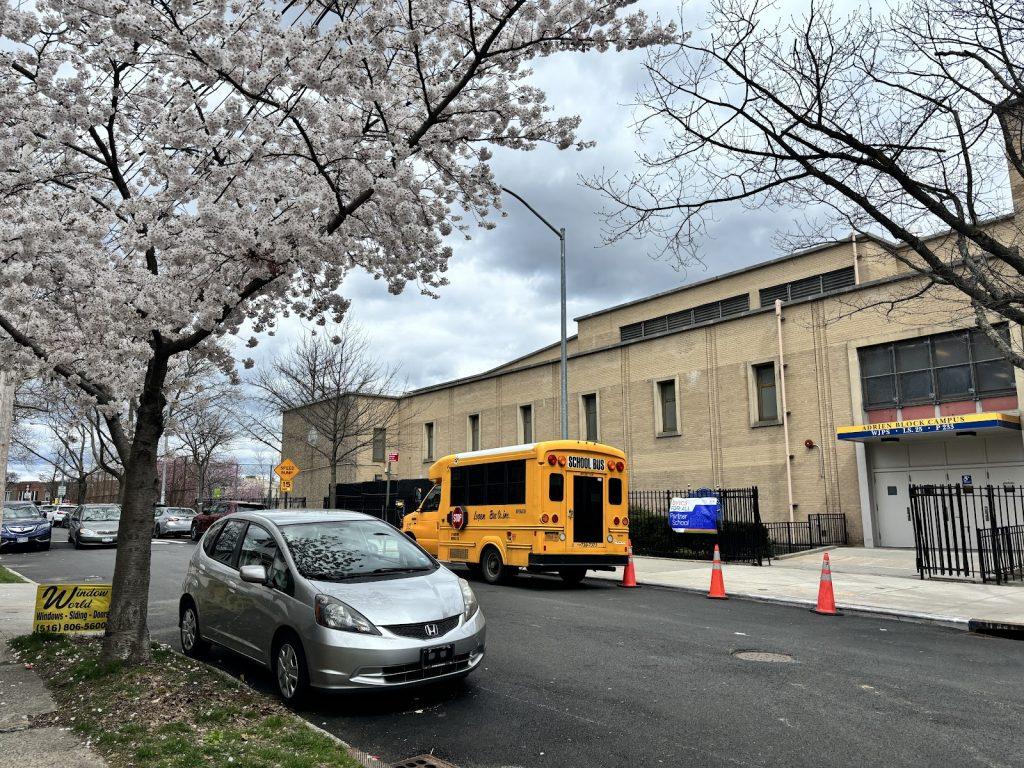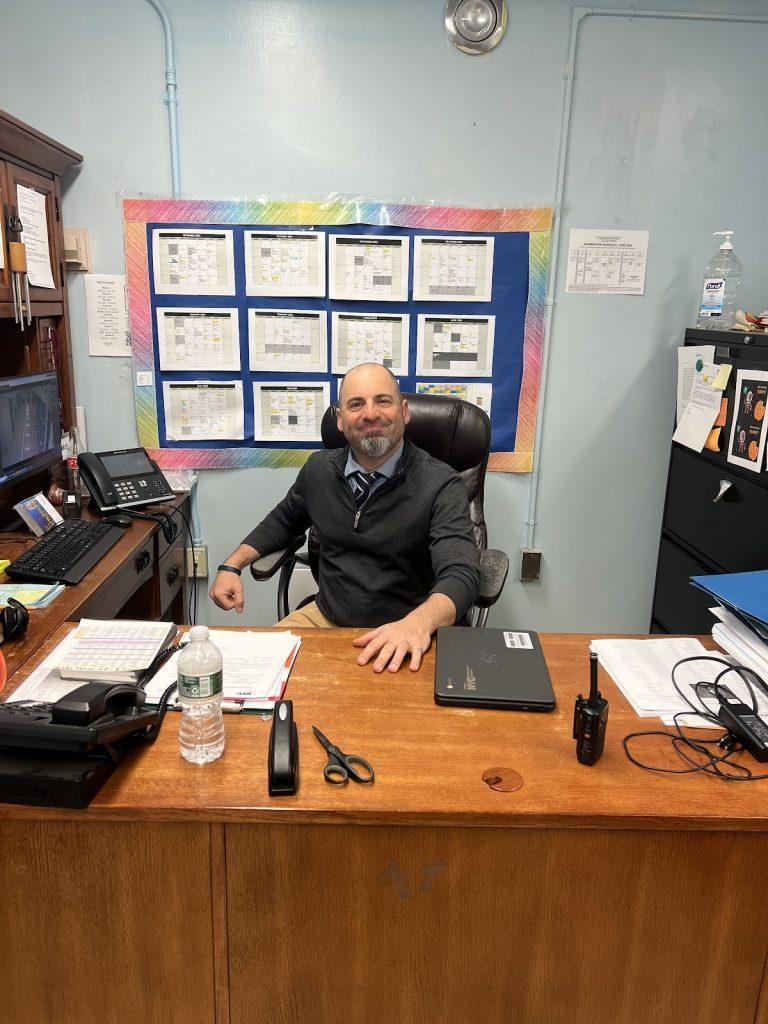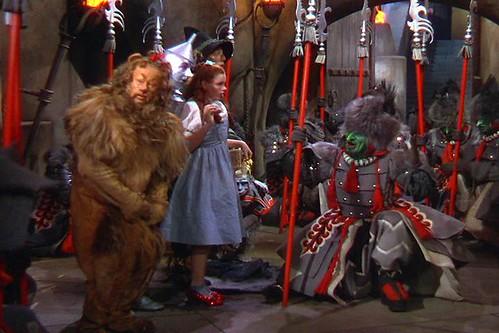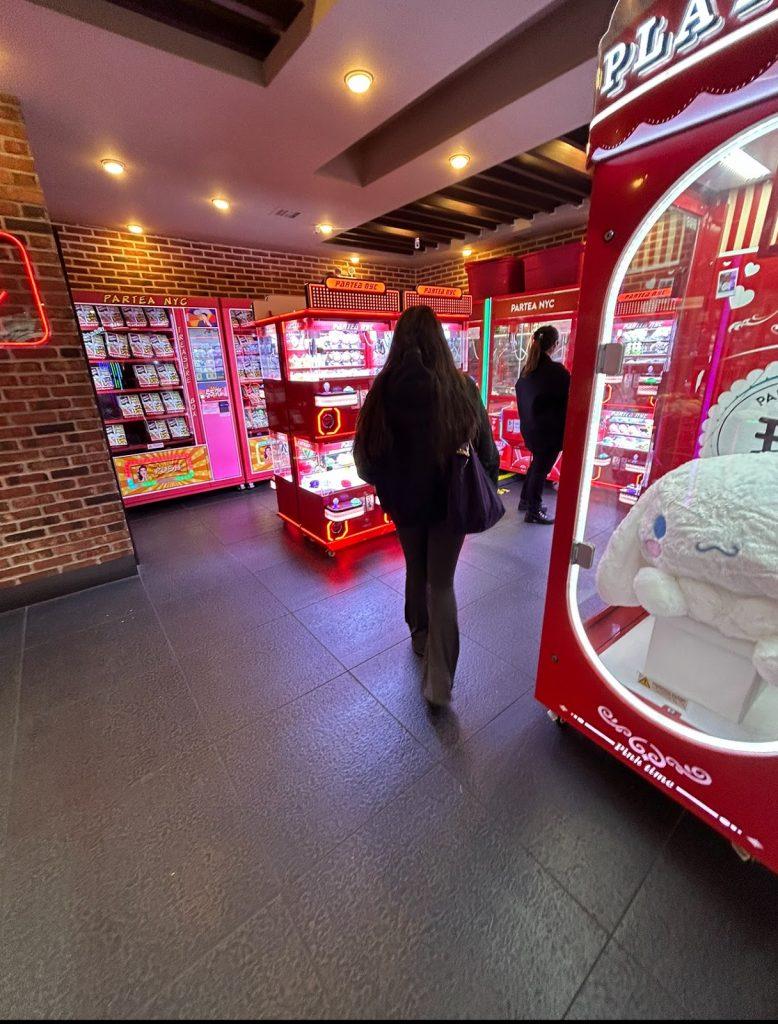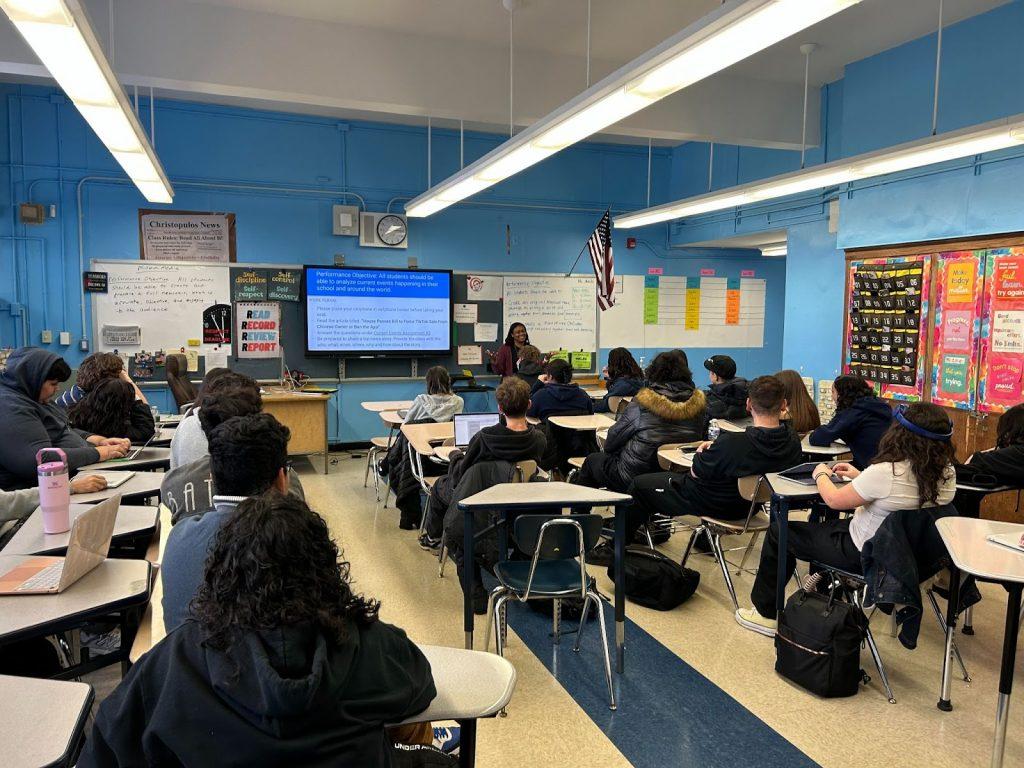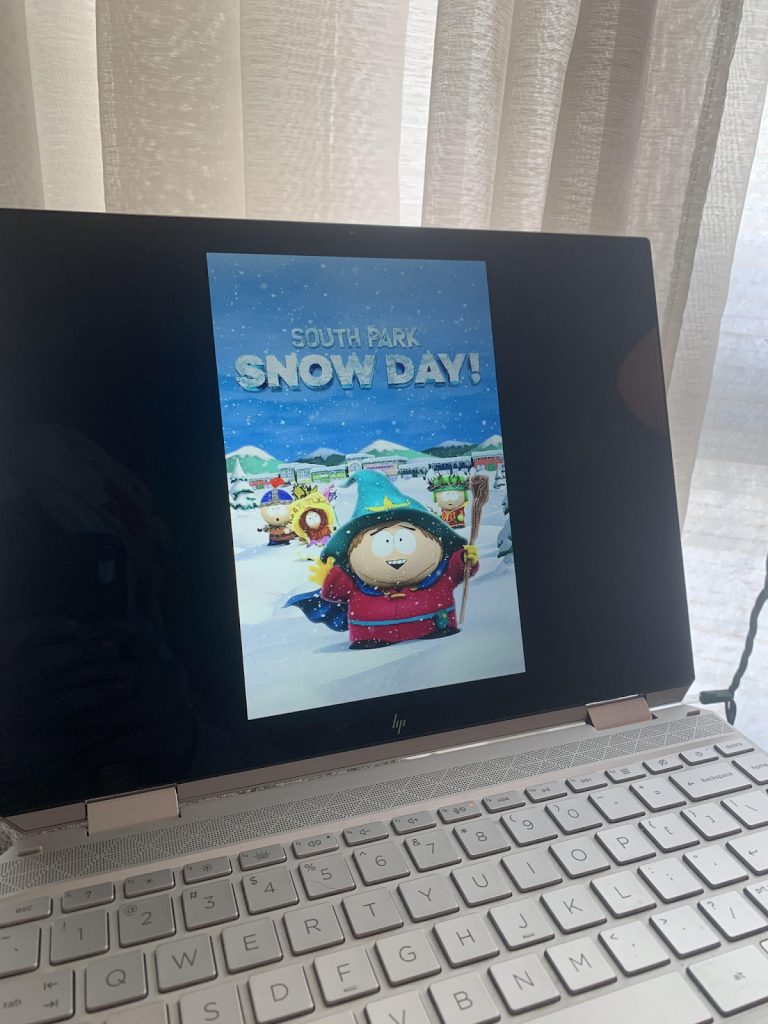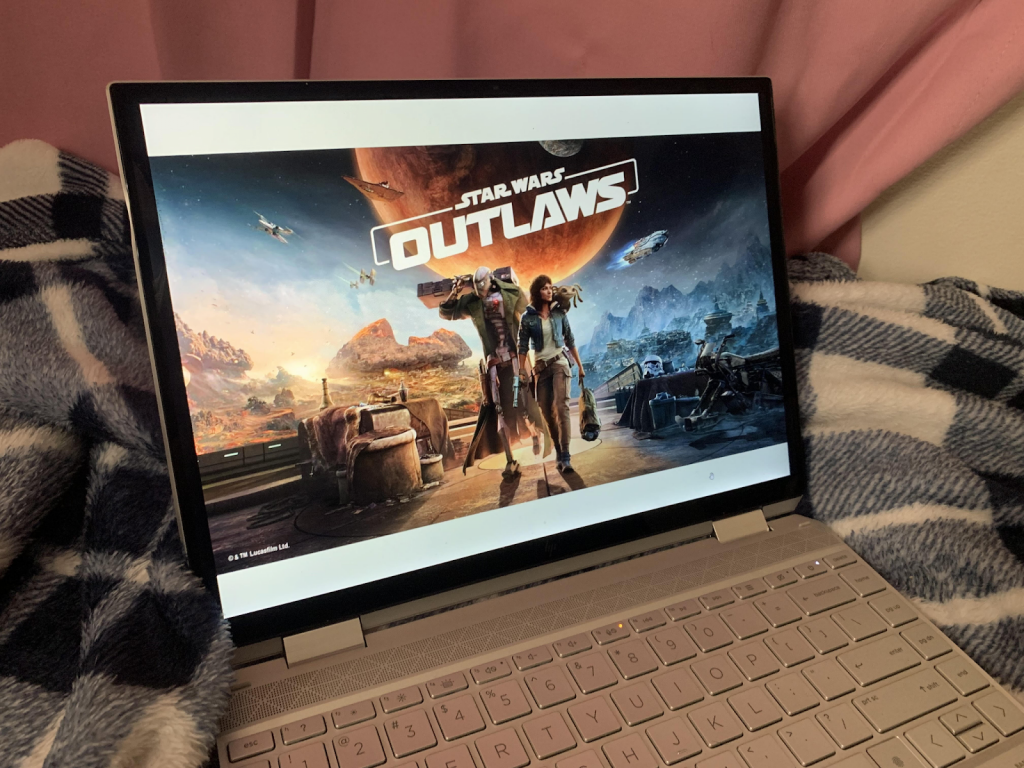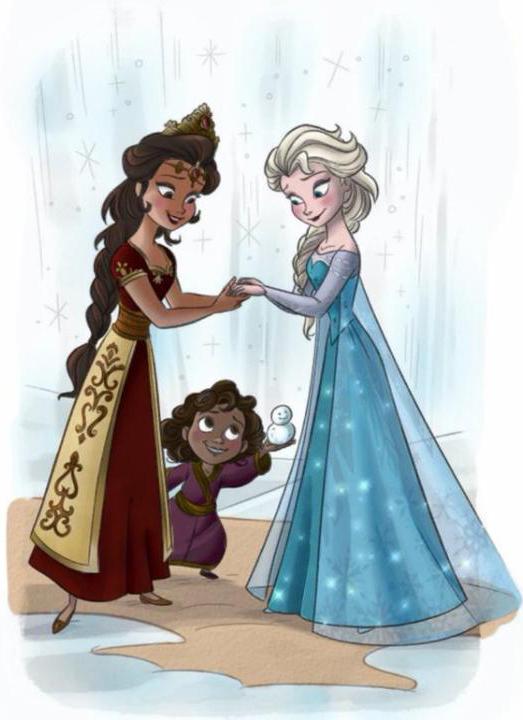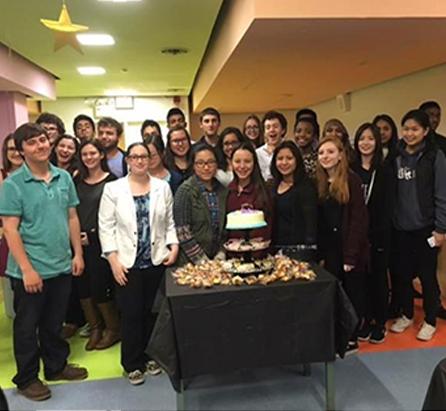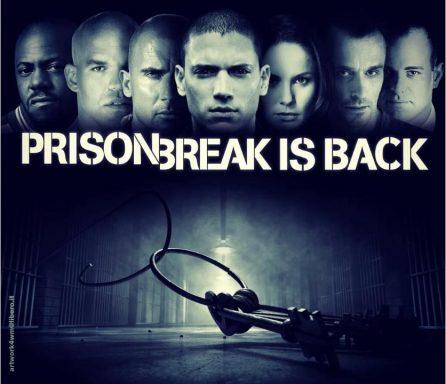
“School teaches you a lot about the world” sixth grader William Cariello said. Picture is from Public Domain.
by Kelly Leem, staff reporter
In the 21st century, the education system has taken a turn for the better. It’s changing to create a preferable environment for kids. Challenges are now taken on instead of being deemed “impossible”.
“It is bold. It breaks the mold. It is flexible, creative, challenging, and complex. It addresses a rapidly changing world filled with fantastic new problems as well as exciting new possibilities”- 21stcenturyschools.com.
However, the new education system is putting more strain and stress on kids rather than exciting new challenges they’re ready to face.
School is something that most students complain about. The subjects are pointless. Trigonometry and global history are useless when out in the “real” world. Unless a person is actually going to major in a career that revolves around the two subjects, it’s likely it is not going to be as useful.
An engineering graduate would argue that it is a necessity in their job to learn trigonometry in order to help them develop everyday products like cell phones, computers, etc, while a liberal arts graduate or business graduate would argue, that the subject is indeed useless in their field.
The average human being uses basic algebra that includes addition, subtraction, division, and multiplication. It’s very rare you see a person using trigonometry to find out how to tilt a ladder from the ground to the roof, or finding the hypotenuse or distance from one point to the other through a right triangle placement. Not only does it take time to calculate, but for the more impatient people, it would be a pain and a nuisance to even think about.
According to 21st century schools, “students are self directed, and work both independently and interdependently. The curriculum and instruction are designed to challenge all students, and provides for differentiation.” They continue to stress how “…the 21st century will require knowledge generation, not just information delivery, and schools will need to create a “culture of inquiry”.” Supporting their claim with 4 goals that provide learners of this generation in a new light.
Out of all four goals, the first two seemed to be the most contradicting. “First- we must maintain student interest…second-we must instill curiosity, which is fundamental to lifelong learning.” In a generation full of lazy teenagers who prefer their internet and games over studying to “…prepare them for life in the real world” , it’s clear how students aren’t interested in school as much as they did in the past. They learn general school subjects, that they’ll most likely never use. For example, history will help students become familiar with what has happen in history so as not to make the same mistakes, but if students aren’t going to major in something that involves trigonometry, the class doesn’t really have anything that they can take into the real world with them..
Some students don’t even know how to do tasks that a person in the “real world” would do everyday, like taxes, paying bills, using a credit card, etc. Students are falling asleep in class, texting in the bathroom, and some even cut school because “because students believe there is no point if they’re not interested in what is being taught”.
Although goals for 21st century education is supposed to be a fresh start in a more “innovative” school curriculum, for today’s students, it seems like another uninteresting start of the day. Even though the value of education in the 21st century is supposed to have increased, the effort to re-spark the curiosity and motivation the young generation once had, seems to be harder to achieve than ever before.
